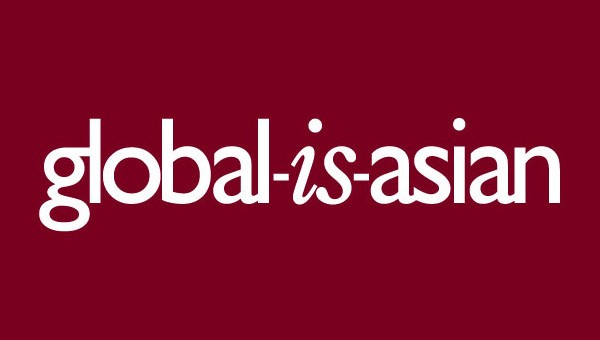
The beginning of diplomatic communication can be traced back to the use of pigeon messengers. Since then it has taken long strides while passing through different channels of communication such as maritime, railway, telegraph, radio and now finally the Internet. With the dawn of the age of Internet not only has traditional diplomacy outgrown itself but international diplomacy has become wary of the invasiveness of the Internet in personal lives and national matters. Contemporary issues concern not only the use of Internet by diplomats but also challenges in the area of Internet governance that need to be addressed by the international community. In an enlightening discussion on ‘Internet: Challenges and Opportunities for Diplomacy’, Juvan Kurbalija, Head of Geneva Internet Platform and Founding Director of DiploFoundation mapped the impact of internet on diplomacy.
In many parts of the world officials are taking to Twitter to express views and opinions in what is now termed as ‘Twiplomacy’; a form of informal diplomacy. Social media offers new tools for diplomats and governments to express opinions that can have a swift and vast outreach. While there is no consensus on whether diplomacy can make a significant impact via social media, it is accepted that the message conveyed on social media websites cannot be controlled. For instance, when the Canadian Ambassador to China posted a picture of his Toyota car on Weibo, China’s version of Twitter, it sparked a positive and unanticipated debate on the use of luxurious cars by Chinese government officials.
With the increasing use of the Internet in many spheres of daily life, the narrative of Internet governance is steering towards a global debate on data protection and privacy. As a warehouse of data, the Internet faces challenges related to the management of vast information. Internet governance is related to different aspects of cyber security that involve protection of human rights, economic interests and geo-political considerations.
Internet governance in many parts of the world lacks regulatory structures to prevent violation of a citizen’s human rights. At an individual level, it may be difficult to control and track personal information that is accessible to the rest of the world, especially when it involves sensitive information related to past records or crimes. In viewing this as human rights issue, The Court of Justice of the European Union passed a landmark judgement on the ‘Right to be Forgotten’ which allows citizens to request the deletion of information related to them from search engines.
In the age of e-commerce, social media websites elicit private user data not using the principle of ‘need to know’ but using the principle of ‘need to share’. For instance, Internet intermediaries like Facebook obtain private data from their users in exchange for offering their services. The data collected is sold for monetary gain to vendors who target potential consumers using this data. When the data collected is being used for trade information, Internet governance becomes tricky as stricter regulations to protect data will promote protection of human rights and ensure cyber security but at the same time harm economic interest of businesses especially Internet giants like Facebook.
Along with a tectonic shift in the way business is conducted on the Internet there are also geo-political considerations. Ninety five percent of internet communication takes place through cables and currently data cables are concentrated mostly around the Silicon Valley area. The centrality of data cables in a few points around the globe raises the question of how diplomats can ensure the sovereignty of data being transmitted. In response to such challenges, the BRICS nations have developed their own geo-political cable strategy that involves constructing cable line which solely connects the BRICS countries.
Despite these challenges, one thing is certain: we cannot not afford to be on the Internet. These are fresh challenges for diplomacy and Internet governance in the 21st century where engaging with digital actors is crucial in fostering digital governance. As wardens of human rights, economic interests, free speech and cyber security, governments will need to strike a balancing act through successful arbitration and negotiation with all stakeholders.
On 13 March 2015, Dr Jovan Kurbalija, founding director of DiploFoundation and Head of the Geneva Internet Platform was at the LKY School to give a talk on “Internet: Challenges and Opportunities for Diplomacy”. See upcoming events at the LKY School at our website.
Karishma Mutreja is an MPP Student at the LKY School. Her email is karishmamutreja@gmail.com